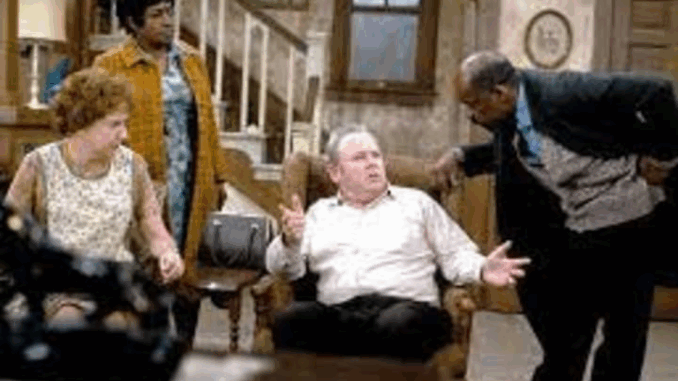
All in the Family is renowned for tackling sensitive social issues head-on, and the episode “Lionel Moves Into the Neighborhood” stands out as a powerful exploration of race, prejudice, and changing American attitudes. Airing during the show’s early seasons, this episode highlights how Norman Lear’s groundbreaking sitcom used humor and drama to challenge viewers’ biases and provoke thoughtful discussion.
A New Neighbor Sparks Old Fears
The episode centers around Lionel Jefferson, the young Black neighbor who moves into the neighborhood, triggering discomfort and outright prejudice from Archie Bunker. Archie’s reaction is raw and unfiltered, reflecting the racial tensions and fears that were widespread in many American communities during the early 1970s.
Archie’s resistance to accepting Lionel is not just about one person moving in next door—it symbolizes his struggle to confront changing demographics and the erosion of his traditional social order.
Breaking Stereotypes and Building Understanding
While Archie initially embodies stereotypical bigotry, All in the Family uses Lionel’s character to challenge those assumptions. Lionel is intelligent, witty, and confident—qualities that contrast with Archie’s misconceptions. Their interactions provide moments of sharp humor but also serve as opportunities to unpack prejudice and ignorance.
The episode carefully avoids simplistic resolutions; instead, it portrays the gradual, sometimes uncomfortable process of overcoming ingrained biases.
Reflecting America’s Racial Realities
During the 1970s, many American neighborhoods were experiencing shifts due to desegregation and civil rights advancements. The fear and resistance Archie shows were very real for countless communities confronting integration for the first time.
“Lionel Moves Into the Neighborhood” mirrors this national tension, offering audiences a chance to see the humanity behind the headlines and statistics. It asks viewers to reconsider their own preconceptions by humanizing “the other.”
The Role of Comedy in Social Change
Norman Lear’s genius was using comedy not to minimize issues but to make them accessible. The humor in this episode softens the blow of tough conversations and invites the audience to reflect without feeling attacked.
Archie’s flawed but relatable persona lets viewers confront their own biases through laughter and empathy, turning discomfort into a stepping stone for growth.
Legacy of the Episode
This episode remains a touchstone in television history for how it addressed racism openly on prime-time TV—a rarity at the time. It paved the way for future shows to tackle social justice themes head-on and remains relevant in today’s discussions about race, neighborhood dynamics, and inclusion.
